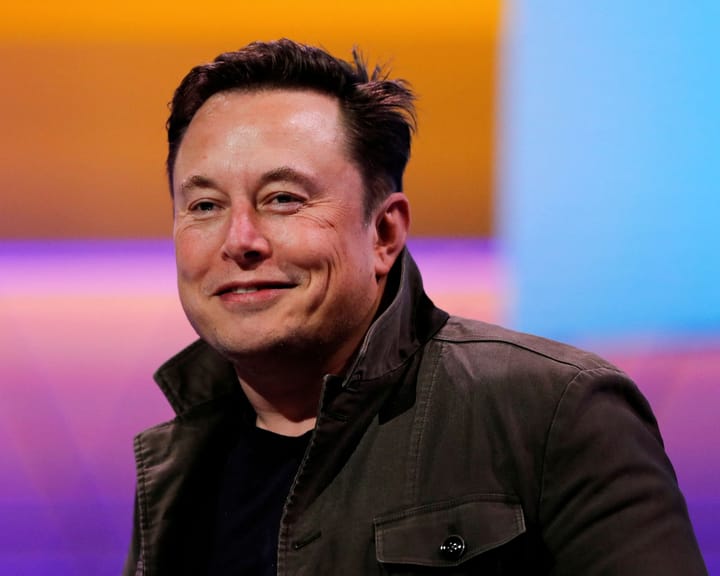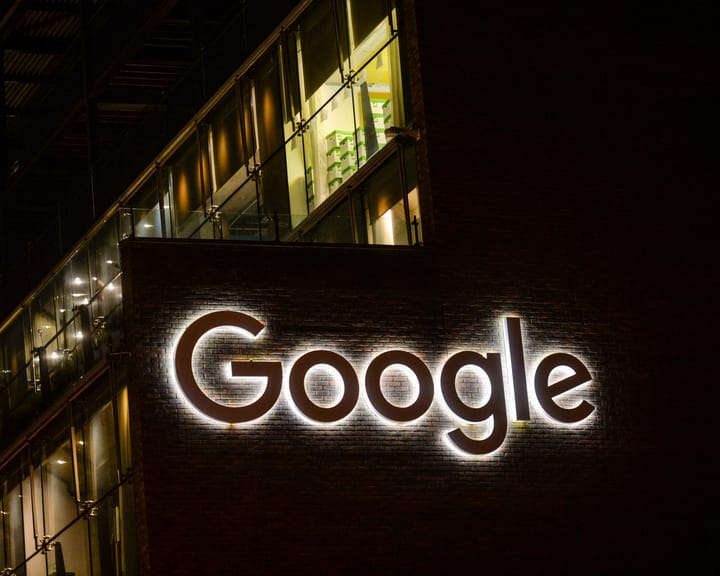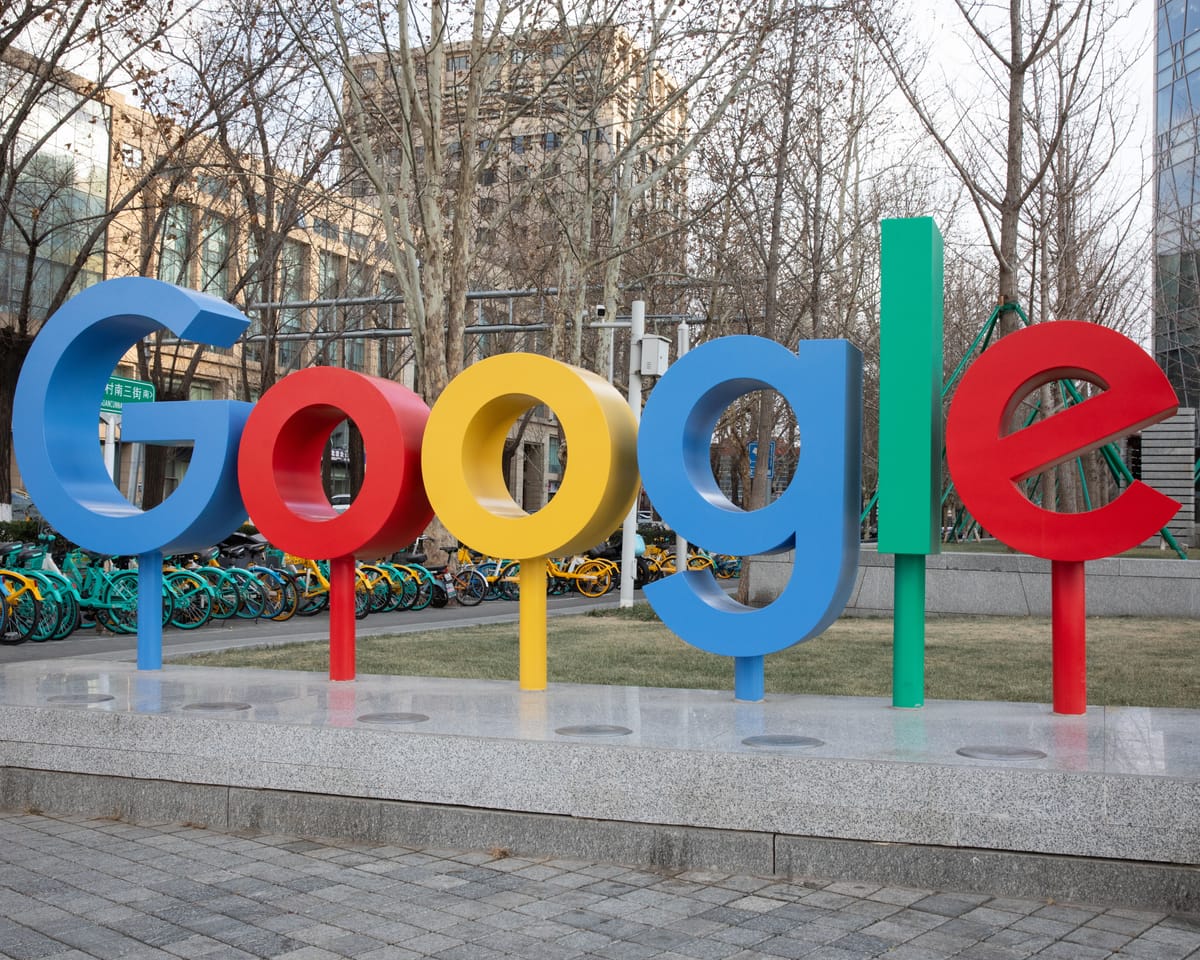A judge decided on Tuesday that Google would not be required to sell its Chrome browser or the Android operating system, sparing the company from the harshest penalties requested by U.S. authorities. The same judge had previously ruled nearly a year ago that Google maintained an unlawful monopoly through its flagship search engine.
Critics of Google's stronghold over internet search and related industries expressed frustration, arguing that the judge failed to impose substantial reforms in a sector dominated by a single entity. Meanwhile, industry representatives and investors welcomed the decision. Shares of Alphabet, Google's parent company, increased by 9% since Tuesday afternoon.
Judge Amit Mehta did mandate that Google share search data with competitors and prohibited the company from establishing or maintaining exclusive agreements concerning the distribution of its products, including Chrome, Google Assistant, and the Gemini app. However, the ruling does not stop Google from compensating distributors like Apple and Mozilla, which use Google as the default search engine in their browsers. A separate hearing later this year will address Google's control over online advertising systems.
In a statement released Tuesday, the Department of Justice praised the decision, calling Mehta’s measures "significant" and noting that the ruling acknowledges the need for changes to encourage competition in a market that has remained stagnant for years.
Free-market advocates, however, argue the decision falls short.
Critics say the ruling favors Google
Mehta’s decision sparked immediate criticism from longtime observers of the antitrust case, who had pushed for stronger action against Google’s dominance. Numerous advocacy groups had previously called for the company to be dismantled, insisting that drastic measures were necessary to revive competition.
Opponents of the ruling claim it will reinforce Google’s control rather than open the search market, setting a precedent that major corporations need not fear serious repercussions for antitrust violations.
Barry Lynn, head of the Open Markets Institute, stated, “For years, Google has used its enormous influence across the digital landscape to stifle rivals, slow progress, and deny people the freedom to access information without interference from one of history’s most powerful companies. Judge Mehta’s order requiring Google to share data and end exclusive agreements does little to address these harms. Instead, it signals to Google and other monopolies that even serious legal breaches will result in minimal punishment.”
Some organizations and experts also questioned Mehta’s approach in assessing harm in the case.
Read next

"Tesla proposes $1 trillion compensation deal for Elon Musk"
Elon Musk Could Reach Trillionaire Status Under Tesla’s New Plan
Elon Musk may become the first trillionaire if Tesla meets certain ambitious targets outlined in a recent company announcement.
The electric vehicle manufacturer detailed the terms of the incentive plan—which is unlike any other in corporate history—in

"Google hit with €3bn EU fine for ad tech market dominance abuse"
CuriosityNews Reports: EU Fines Google €2.95bn Over Advertising Rules Breach
European Union officials on Friday imposed a €2.95bn ($3.5bn) penalty on Google for violating competition regulations by giving preferential treatment to its own digital advertising services. This marks the fourth such antitrust fine for the company and

"Anthropic to pay $1.5bn in book piracy case settlement"
Artificial intelligence firm Anthropic has agreed to pay $1.5 billion to resolve a class-action lawsuit filed by authors who allege the company used unauthorized copies of their books to train its chatbot.
The settlement, pending approval by a judge as early as Monday, could signal a shift in legal

